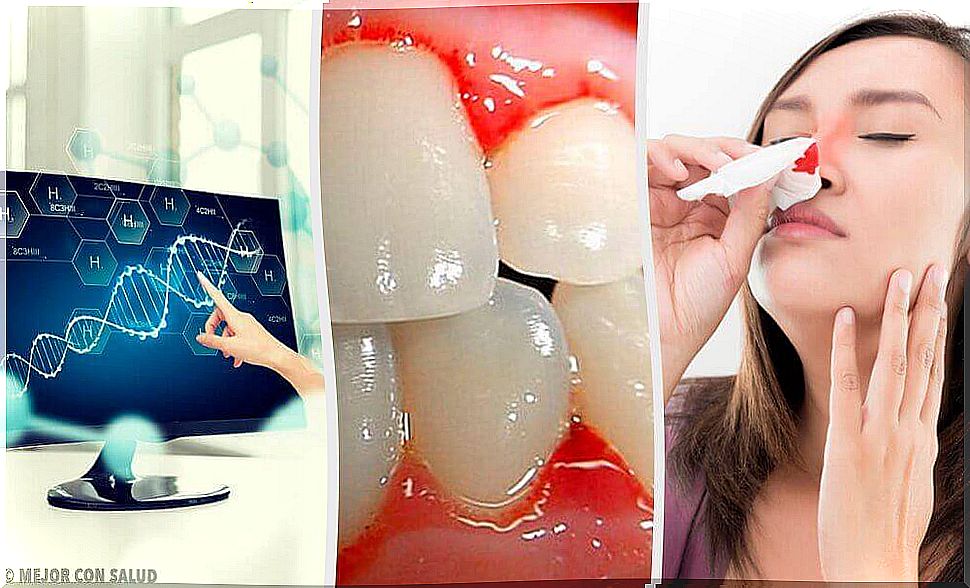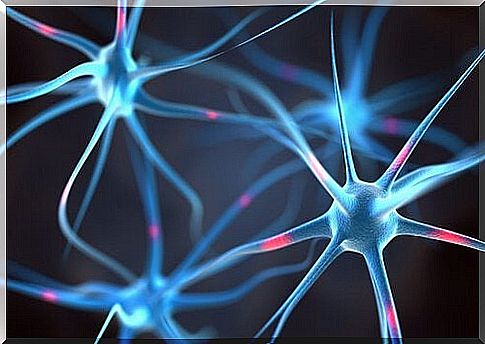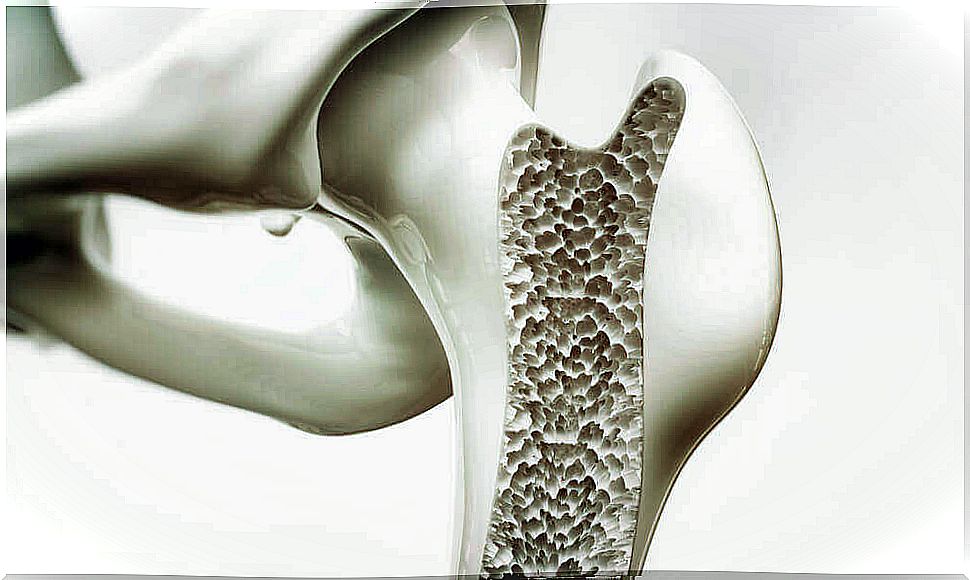Deficiency In Vitamins: This Happens To Your Body
A deficiency in vitamins can lead to a wide variety of diseases, which sometimes have serious consequences.

A lack of vitamins can have serious health consequences. In this article, we’ll show you what can happen to your body if you eat an unbalanced diet.
Ideally, our diet provides the body with all the nutrients and energy it needs on a daily basis. Certain vitamins and minerals that maintain the immune system are also included.
A lack of vitamins can therefore pose a great risk. Therefore, you have to make sure that you are getting enough and the right vitamins.
A healthy life is not possible without vitamins.
The greatest danger with a lack of vitamins is to develop diseases or disorders.
They occur when the body lacks nutrients that it cannot produce itself. Some of these conditions are serious and cause long-term damage.
For this reason, it is extremely important that you ensure that you have an adequate supply of vitamins!
Lack of Vitamins: The Risks
Vitamin B deficiency
The vitamin B complex consists of 8 vitamins. All of them have to do with our metabolism and help our central nervous system.
As you can imagine, vitamin B deficiency carries a serious risk.

The following risks arise from a deficiency in B vitamins:
- Vitamin B1 or thiamine: A deficiency leads to a neurological condition known as “beri-beri”. Heart disease can also develop.
- Vitamin B2 or riboflavin: Vitamin B2 deficiency causes problems with the mucous membranes, such as dry eyes, inflammation of the tongue, watery eyes, etc.
- Niacin or Vitamin B3: If there is a deficiency in niacin, pellagra, a serious disease of the central nervous system, occurs.
- Vitamin B5 or pantothenic acid: Too little B5 causes neurological, dermatological and digestive problems.
- Vitamin B6 or Pyridoxine: Deficiency in this vitamin can cause digestive disorders and damage to the nervous system.
- Folic Acid or Vitamin B9: Anemia is one of the consequences of folic acid deficiency. Folic acid is also related to the development of mental abilities.
- Vitamin B8 or biotin: A deficiency in biotin can trigger dermatitis and cause problems with muscles, digestion and nerves.
- Vitamin B12 or cobalamin: A deficiency in vitamin B12 leads to anemia and neuronal damage.
Vitamin C deficiency
The lack of vitamin C can trigger a disease known as scurvy. This weakens the gums, causing them to bleed and the teeth to fall out.
In addition, anemia and changes to the skin and hair can occur.
Vitamin D deficiency

Vitamin D deficiency often leads to a condition called osteomalacia. It is a disease of the bones that is similar to rickets. In osteomalacia, the bones are particularly soft and fragile.
In addition, scientists have found that vitamin D deficiency is also linked to a number of cancers. Specifically, it is about ovarian, prostate, breast and colon cancer.
Vitamin E deficiency
The risks associated with vitamin E deficiency are serious. Such a deficiency is not common, but it has serious consequences.
A vitamin E deficiency occurs in these 3 scenarios:
- In patients with metabolic diseases. These include cystic fibrosis, celiac disease, and others.
- In premature babies or babies with low birth weight.
- In people with genetic abnormalities.
A lack of vitamin E leads to neurological damage. It can also cause tiredness and weakness, as well as anemia. In addition, scientists suspect a link between vitamin E deficiency and infertility.
Vitamin K and vitamin A deficiencies

Vitamins K and A are very important for your body.
Vitamin K is also known as the anti-bleeding vitamin because it helps the body to clot blood. A deficiency can lead to severe blood clotting disorders.
In addition, a deficiency can cause problems in bone development and cause deformations. It can also form insoluble salts in the arteries.
A vitamin A deficiency, on the other hand, is extremely rare. When it occurs, it causes damage to the eyes and, in the worst case scenario, can lead to blindness. Skin problems and stunted growth in children are also among the consequences.









